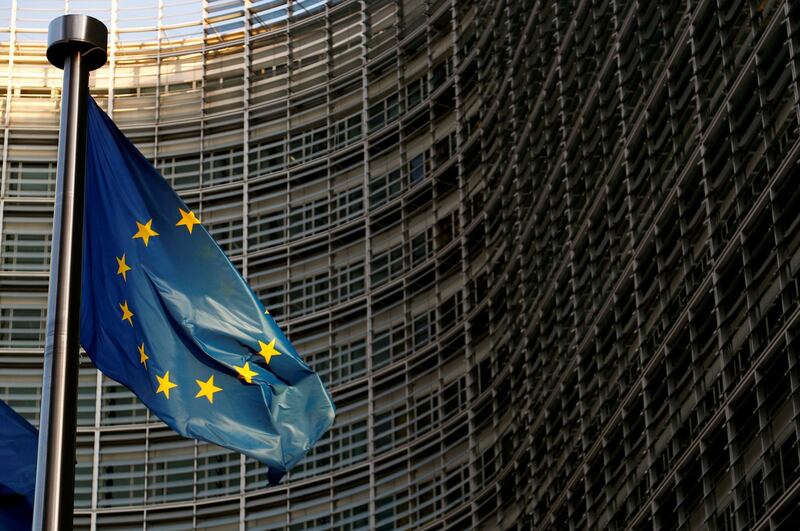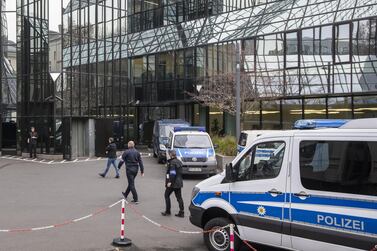Saudi Arabia has restated its commitment to combatting corruption and money laundering as it seeks to downplay the impact of the European Commission’s decision to list the kingdom as posing a higher risk of money laundering and terror financing.
The US Treasury has also expressed concern about the listing and said it is sceptical about how the measure was drawn up.
“Saudi Arabia’s commitment to combating money laundering and the financing of terrorism is a strategic priority,” Finance Minister Mohammed Al Jadaan said in a statement on the Saudi Press Agency. It also reaffirmed the Kingdom's commitment to a joint global effort to combat corruption.
The SPA report of the EU commission’s move expressed regret at the development and said it came “despite several measures of reinforcement of its legal framework which has led to increased cooperation with its counterparts”.
Mr Al Jadaan pointed out that the commission’s decision on Wednesday evening wasn’t final and would still need to be voted on by the European Parliament.
On Wednesday, the commission said all 23 regions, up from 16, should face stricter oversight to combat illicit financial flows. The bloc's banks will have to carry out additional checks on payments involving entities from listed jurisdictions.
The US Treasury said it has “significant concerns about the substance of the list and the flawed process by which it was developed.”
The commission said it added jurisdictions with "strategic deficiencies in their anti-money laundering and countering terrorist financing regimes".
Among those added were Panama and four US territories.
The move is part of a crackdown on money laundering after several scandals at EU banks, but it has been criticised by several EU countries.
London has led a pushback against the EU list and at closed-door meetings urged the exclusion of Saudi Arabia, EU sources told Reuters. The UK is concerned the rules would complicate business dealings.
Britain, which plans to leave the EU on March 29, said on Wednesday that the list could "confuse businesses" because it diverges from a smaller listing compiled by its Financial Action Task Force (FATF), which is the global standard-setter for anti-money laundering.
The FATF list includes 12 jurisdictions – all on the EU blacklist – but excludes Saudi Arabia, Panama and US territories.
Saudi Arabia is a key ally and trade partner of the UK.
Panama said it should be removed from the list because it recently adopted stronger rules against money laundering.
The 28 EU member states now have one month, which can be extended to two, to endorse the list and it can be rejected by a qualified majority. EU justice commissioner Vera Jourova, who proposed the list, told a news conference that she was confident states would not block it.
Saudi Arabia is a major importer of goods and weapons from the EU and several top British banks have operations in the country. Royal Bank of Scotland is the European bank with the largest turnover in Saudi Arabia, with around $169 million in 2015, according to public data.
HSBC is Europe's most successful bank in Riyadh. It booked profits of $407 million in 2015 in the kingdom.
"The UK will continue to work with the Commission to ensure that the list that comes into force provides certainty to businesses and is as effective as possible at tackling illicit finance," a British Treasury spokesman said.







